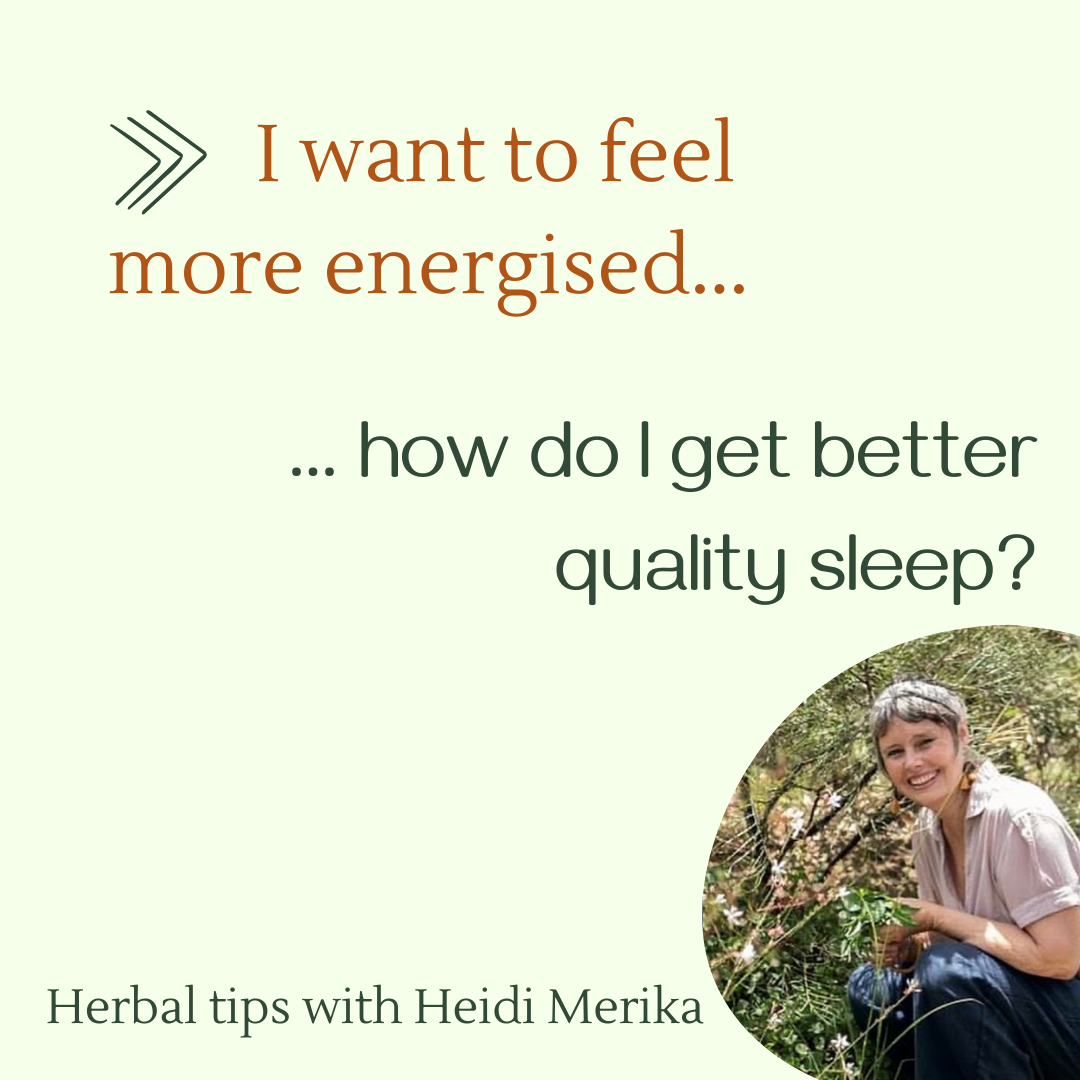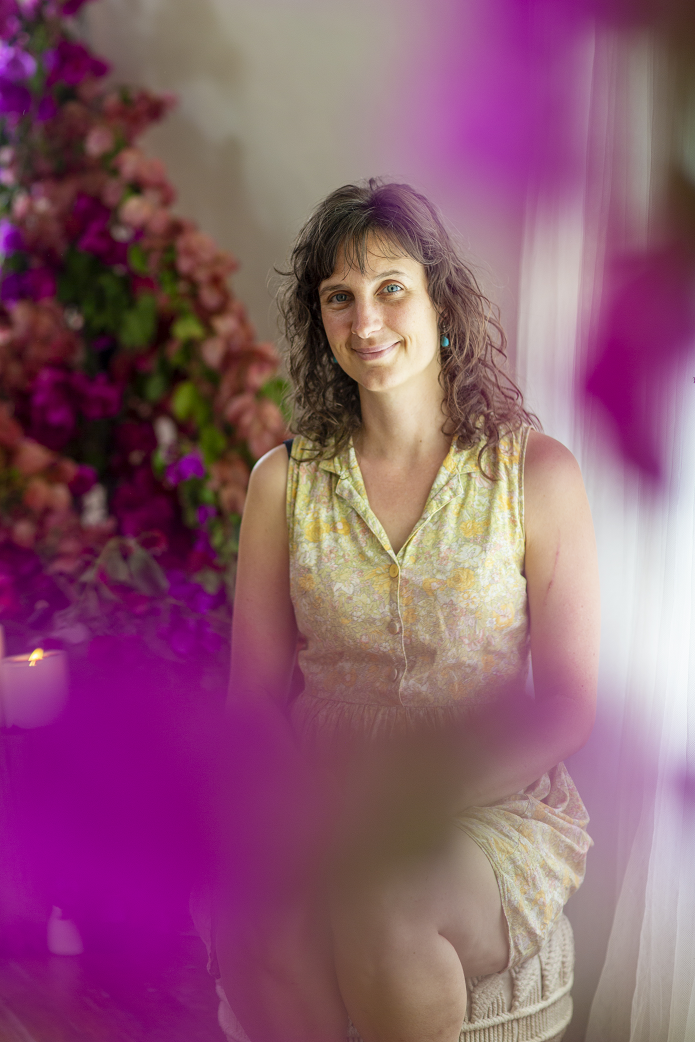Sleep, that beautiful thing that happens between each day. If you’re lucky!
Personally (Heidi speaking here) sleep has been a source of trauma for me for many years. As a new mother I had a baby who didn’t sleep, then another baby, then when they went to school I started a business and I would work in the evening and be so wound up I couldn’t fall asleep, then I stopped working at night and things improved a little until menopause hit and bought with it hot flushes and you guessed it MORE insomnia.
So how can we deal with these challenges that affect so many of us from new mothers, to shift workers, to the stressed, anxious and depressed masses to the menopausal and the elderly, all of whom are awake at all hours of the day and night….
I actually think the 8 hours sleep a night recommendation is a mythical aspiration. If
you get that, then more power to you! But I think you’re in the minority.
According to a study by the Sleep Health Foundation most people average around 7
hours of sleep with an average of waking at least twice due to needing to go to the toilet, over active thoughts, or physical pain or discomfort. I would add to that those being woken by children, pets and neighbours.
So with the odds stacked against a good nights sleep what can we do?
Short of restructuring society, bringing down the patriarchy and forming a new way of living that honours human needs and physiology, we can at best aim for measures to minimise the impact of insomnia and increase our chances of sleep.
To maximise our chances of falling asleep:
BEHAVIOURAL STRATEGIES
🤾♀️ getting adequate physical exercise during the day of at least 30 to 60 minutes of exercise per day. If you can do this outside then it’s even better as the exposure to sunlight 🔆 helps set our biorhythms and sleep wake cycles.
🕯 At night we can continue this by turning off as much electric light as possible and using candles and firelight which increases levels of the sleep hormone melatonin. At least try to do this for the
last hour before bed if its not realistic for the whole evening.
🛀 🫖 An hour before you want to go to sleep, have a warm shower or bath, a nice relaxing cup of herbal tea and put on candles, relaxing music and unwind.
📓 If you are upset of anxious try journaling or
drawing as a way to express what’s bothering you.
When you go to sleep make the room complexly dark to increase melatonin levels and reduce distractions.
If you use screens in the evening use apps like lumen or twilight to reduce screen glare and help you break away from the excess cortisol that keeps you going even though your exhausted and leads to insomnia due to being ‘over tired’.
HERBAL STRATEGIES
Herbs can be used throughout the day to manage stress levels and at night to unwind. My favourites during the day are Tulsi and Withania (Ashwagandha).
🌿Tulsi reduces metabolic stress through normalization of blood glucose, blood pressure and lipid levels, reduces psychological stress by improving memory and mental function and
through its anxiolytic and anti-depressant properties.
🌿 Ashwagandha calms the brain, reduces swelling, lowers blood pressure and helps the body adapt to stress by reducing the effects of stress hormones on the body.
At night herbs can be used to calm the nervous system and help create sleepiness.
👉👉 Do this! 👇🏽👇🏽
∙Make some herbal tea by adding 1 dessertspoon of herbs to a cup of boiling water.
Let it steep for 10-20 mins, then strain and drink.
∙Add essential oil of lavender to your warm bath at bedtime to feel a calming effect,
inducing sleep.
∙Massage herb-infused oils of chamomile or lavender mixed with olive, grapeseed,
or coconut oil on certain parts of your body such as your forehead, neck, chest,
wrist, hands, or feet.
∙ Take an herbal extract supplement
Good nighttime (sedative) herbs include:
Lavender – reduces stress and anxiety and promotes daytime wakefulness and more sustained sleep at night.
Chamomile – reduces anxiety, soothes your nerves, and eases insomnia. It also eases tension in the gut, which is good for those with anxious stomachs and bloating in the evening.
Valerian – reduces insomnia, restlessness, and anxiety and helps relax tension in the muscles
California poppy – Eases physical pain, restlessness, anxiety and insomnia
Hops – Hops flowers contain methylbutenol, a sleep-inducing chemical that is used for insomnia
Passionflower – reduces stress and anxiety and helps promote sleep
⭐💖 Want to do this but not sure where to get started!?! 💖⭐
👉👉 Find the Chamomile and Lavender Moon Milk recipe in the Herbal Starter Kit:
👉👉 Join us to learn more about Ashwaganda this month at Herb Folk – where you’ll make your own sleepy-time capsules!


